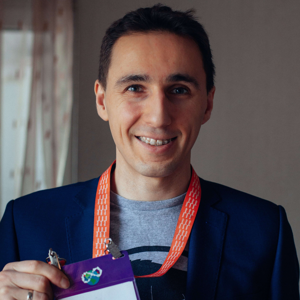Hello Arsalan Haroon Sheikh
Your understanding of AKS cluster autoscaler is correct.
As you are using Deployment, it is backed by Replicaset. As per this controller code there exist function "getPodsToDelete". In combination with "filteredPods" it gives the result: "This ensures that we delete pods in the earlier stages whenever possible."
So as proof of concept:
You can create deployment with init container. Init container should check if there is a message in the queue and exit when at least one message appears. This will allow main container to start, take and process that message. In this case we will have two kinds of pods - those which process the message and consume CPU and those who are in the starting state, idle and waiting for the next message. In this case starting containers will be deleted at the first place when HPA decide to decrease number of replicas in the deployment.
I recommend to take a look into KEDA
KEDA allows for fine grained autoscaling (including to/from zero) for event driven Kubernetes workloads. KEDA serves as a Kubernetes Metrics Server and allows users to define autoscaling rules using a dedicated Kubernetes custom resource definition. KEDA can run on both the cloud and the edge, integrates natively with Kubernetes components such as the Horizontal Pod Autoscaler, and has no external dependencies.
https://github.com/kedacore/keda
You need to use Fault Tolerant message processing architecture pattern to avoid disruption.
https://www.youtube.com/watch?v=XndpZCyRIXw
